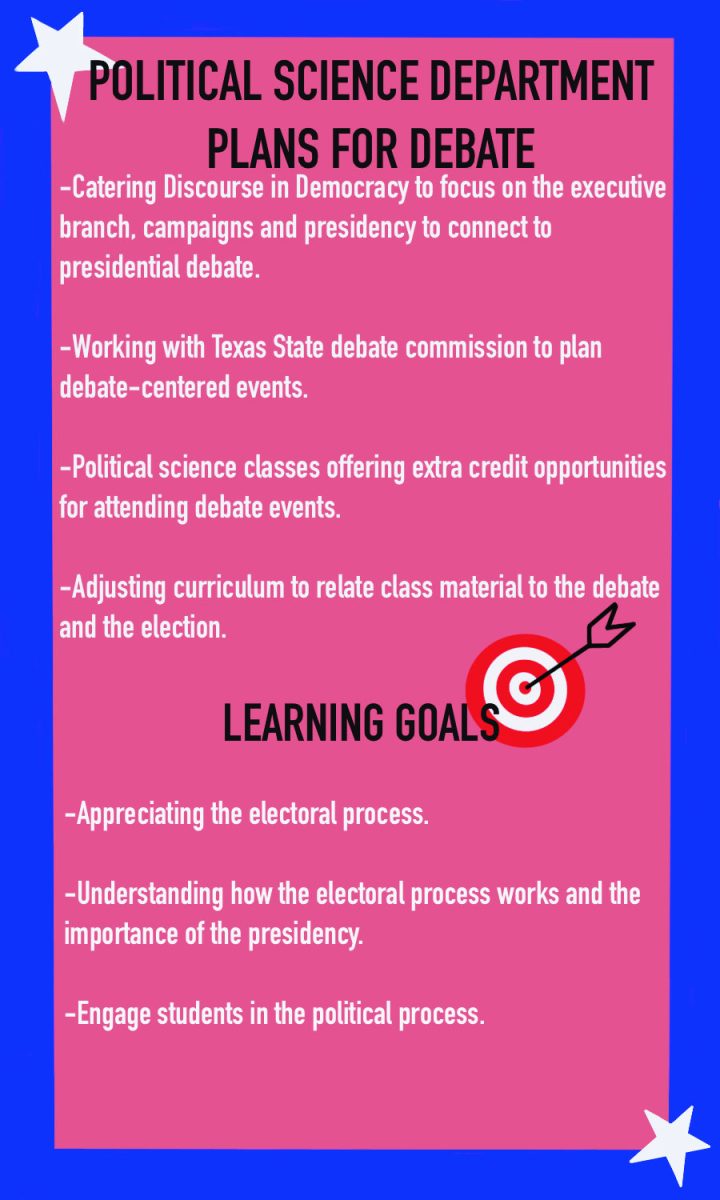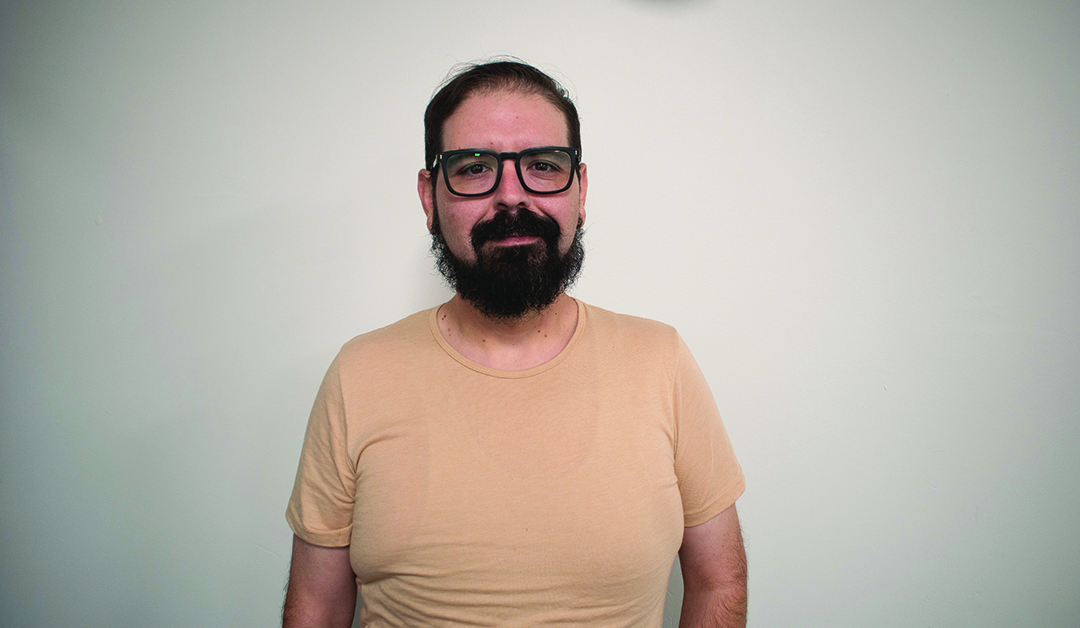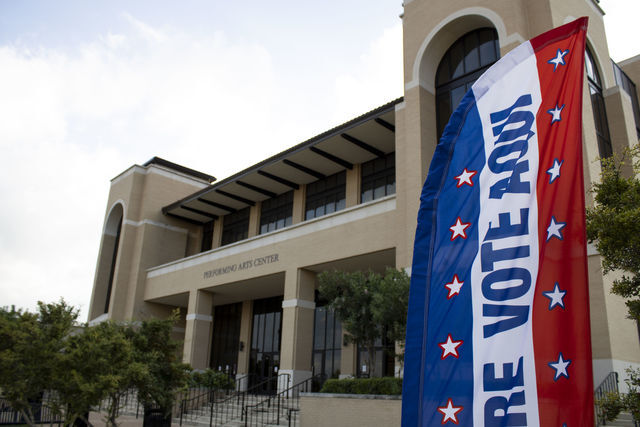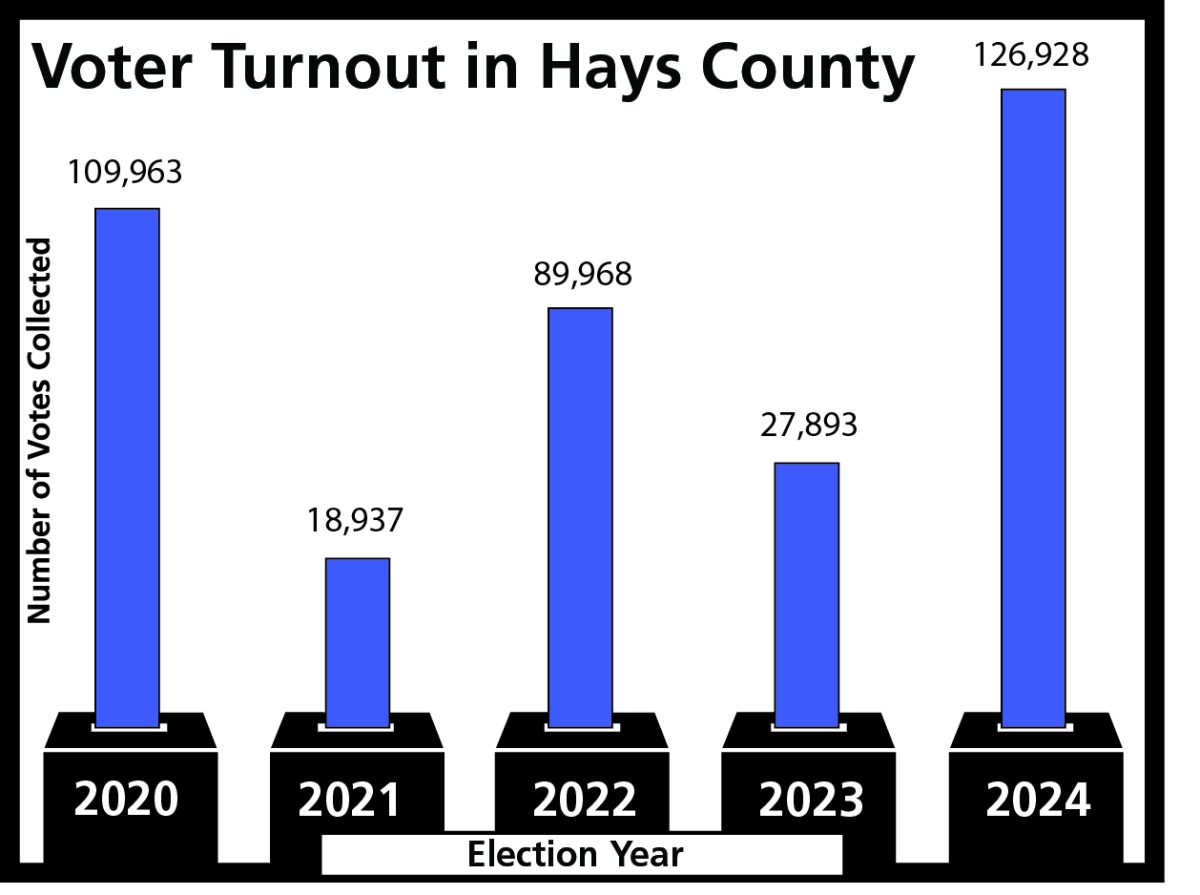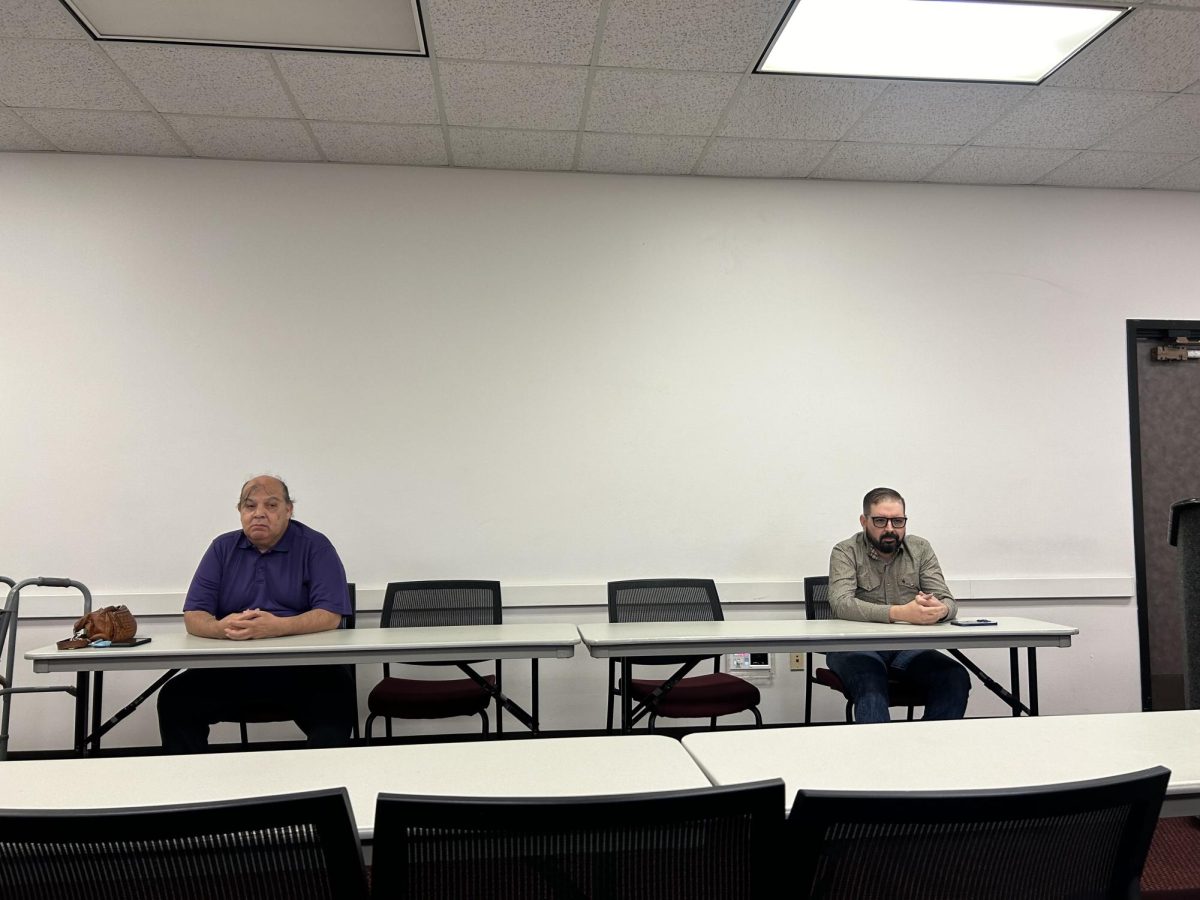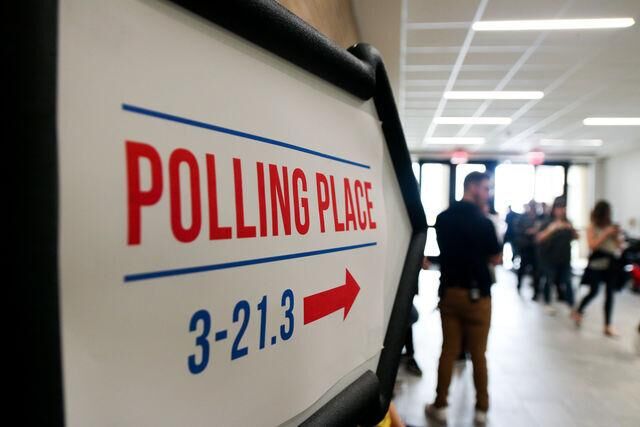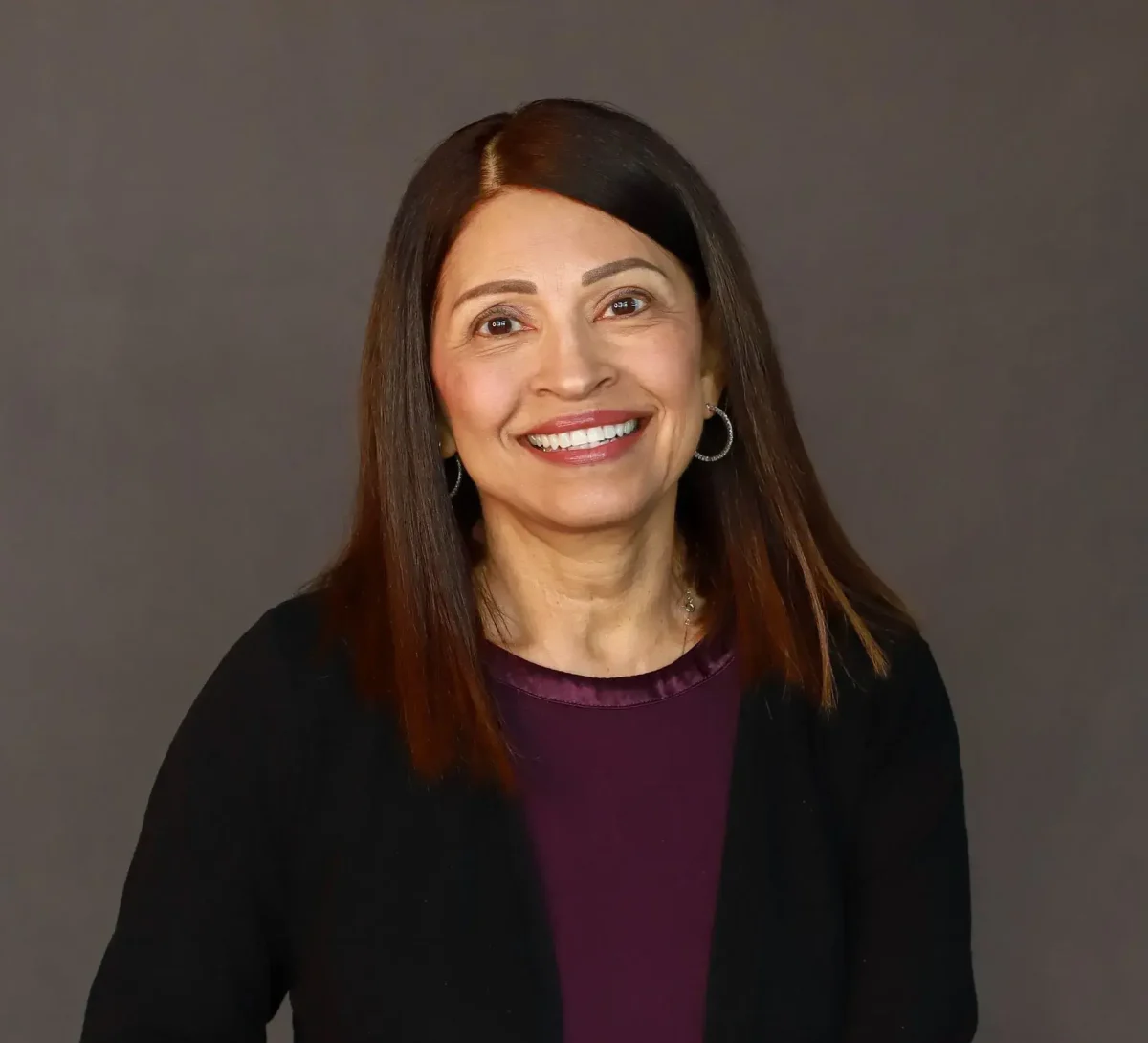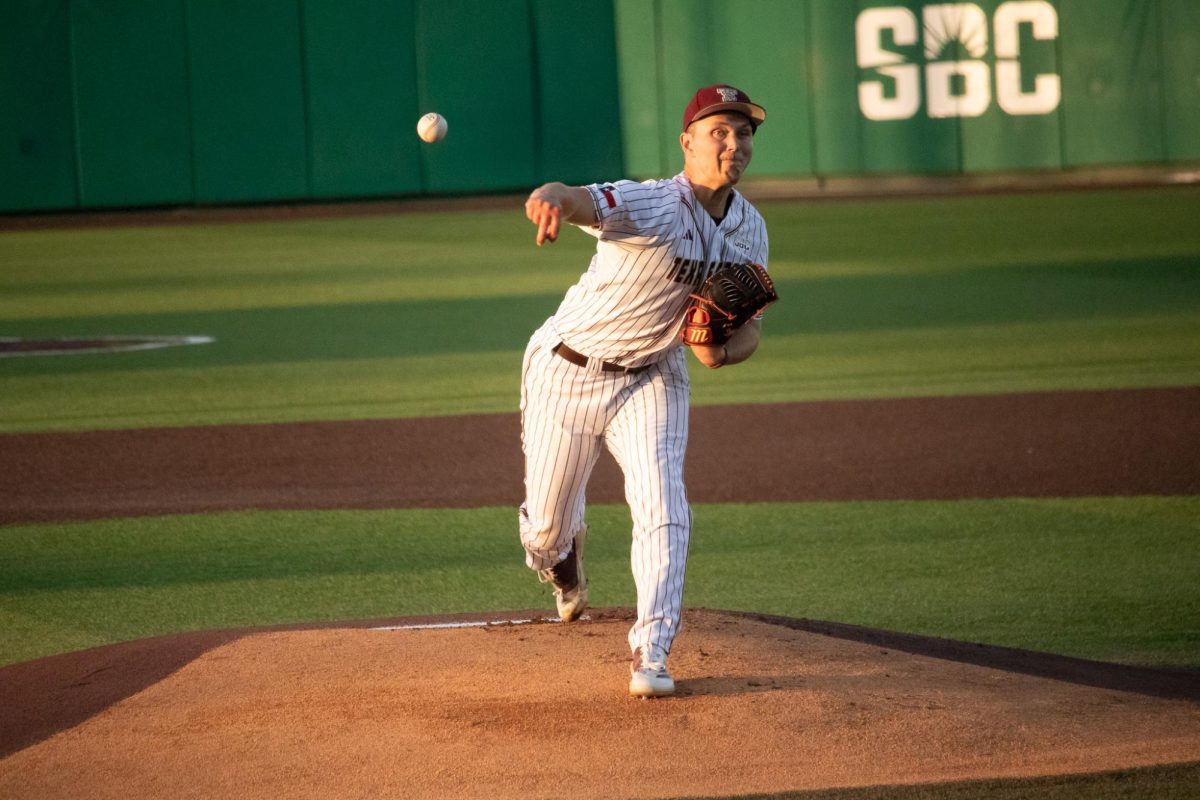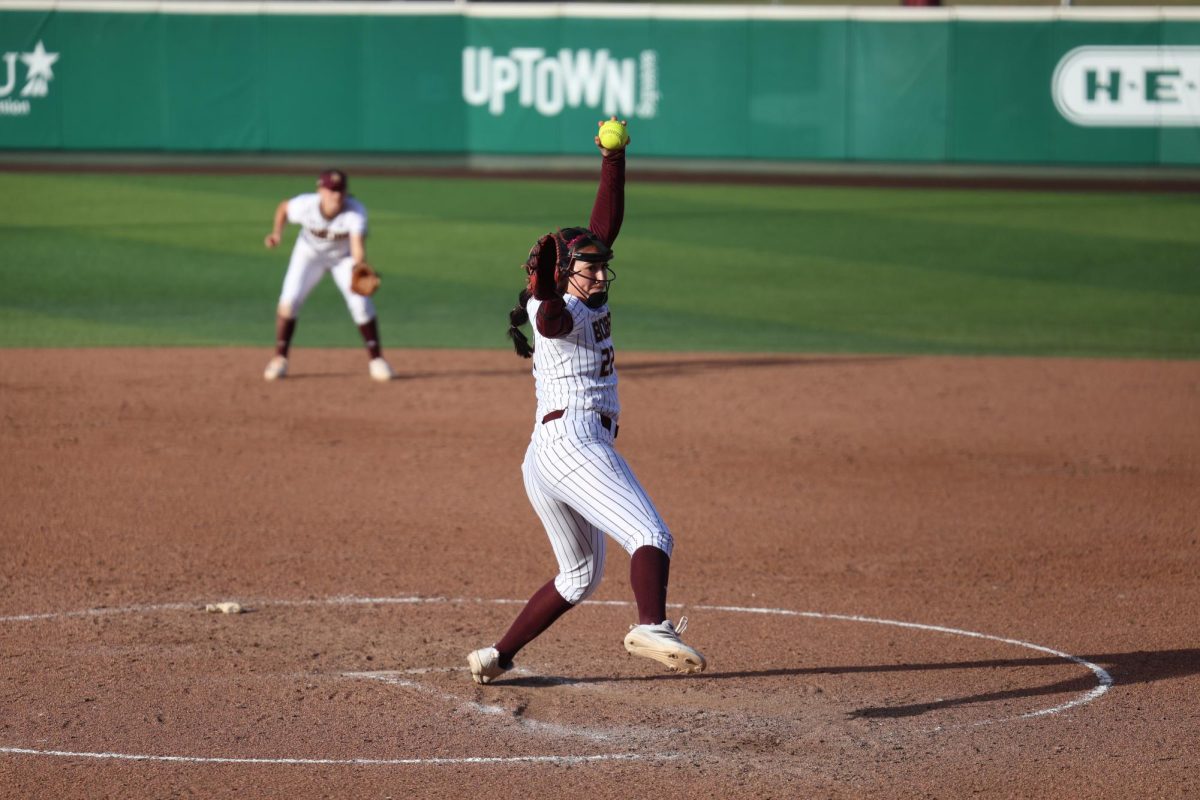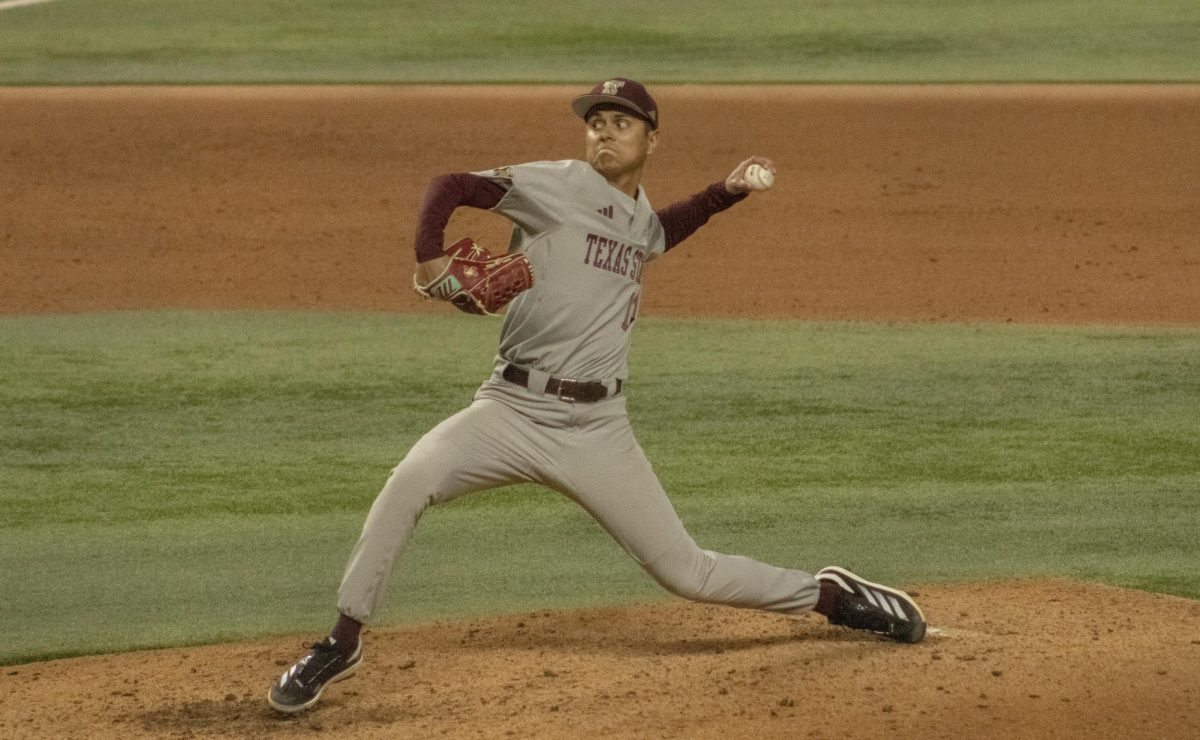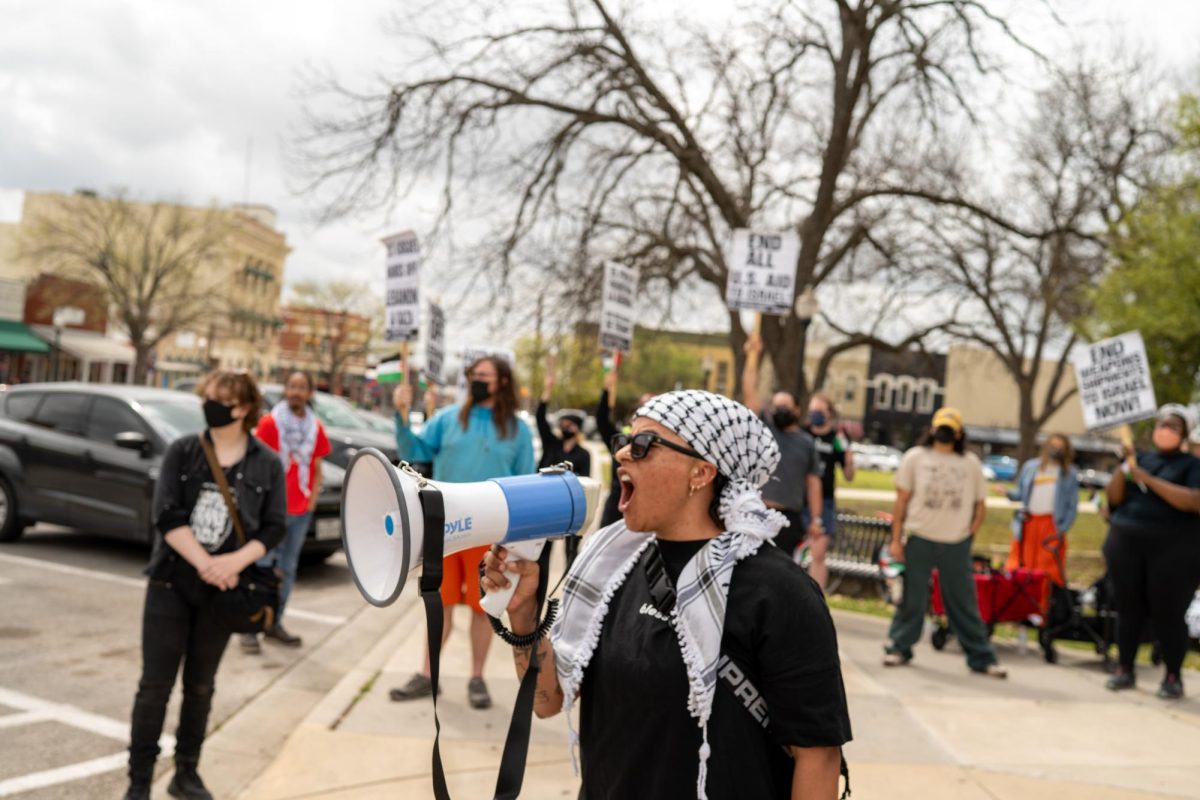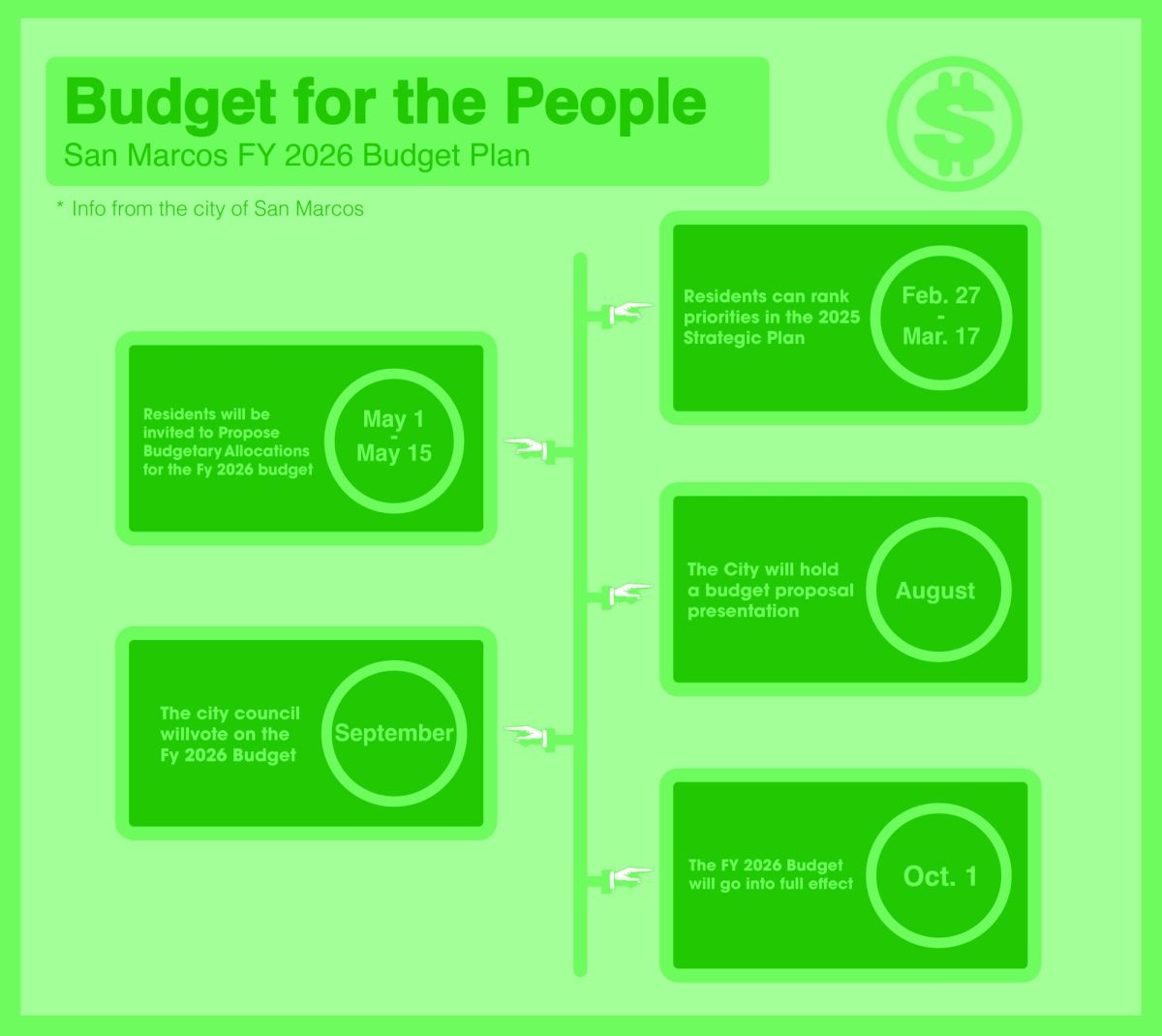Beginning fall 2024, the Department of Political Science can bring the presidential debate and election season into the classroom, offering students a closer look at the debate happening on campus in September.
According to Vince Bagnulo, senior lecturer in the Department of Political Science, the department will provide faculty with ideas for engaging students during election season.
“What we are going to do, and this is from the university committee on student engagement as well as the department, is we want to offer opportunities for faculty to bring campaign season and make it relevant to their classrooms,” Bagnulo said.
The Department of Political Science lists Political Science (POSI) 2310, Principles of American Government and POSI 2320, Functions of American Government as classes catered to the presidential debate.
Despite the classes following a standardized curriculum, Emily Cedillo, a lecturer in the Department of Political Science, plans to include discussions on the debate and election season in both POSI 2310 and 2320.
Cedillo also aims to connect the topics of the executive branch and the presidency to the debate. However, the department is giving faculty members freedom to choose which elements of the presidential debate to include in their course material.
“Finding one aspect of student interest like the presidency and exploring it as a class is such a great opportunity to learn,” Cedillo said. “Even if students don’t have a lot of initial enthusiasm for the presidency, the executive branch is connected to many other subjects in this field that they will likely truly enjoy.”
According to Cedillo, the department plans to use the debate as a way to increase interest in the field of political science.
“It’s not just the debate that matters,” Bagnulo said. “We want students to appreciate the electoral process, how it works, the importance of the presidency and the importance of freedom of expression.”
Bagnulo said fall 2024 political science events regarding the electoral season have yet to be finalized. However, one of the main events planned for the fall semester is Discourse in Democracy, a recurring lecture series by the Department of Political Science. Discourse in Democracy is hosted every semester with a different theme. Previous Discourse in Democracy events have featured panels discussing topics such as the Russia-Ukraine war, Texas redistricting and past elections.
Bagnulo said the themes for fall are the executive branch, campaigns and the presidency. According to Bagnulo, professors can ask students to attend Discourse in Democracy events and write about their experiences for extra credit.
“That’s a major way to encourage [student] involvement other than the debate itself,” Bagnulo said.
According to Bagnulo, by the end of August there will be more specific information for students to plan their semester around the debate events.
Gabriel Marquez, a political science sophomore, said he hopes students will take an interest in the debate and engage in discussions around it as he would be interested in debate classes and events. However, he is concerned incentives may be needed to boost student participation.
“Students need some kind of reward when it comes to participation,” Marquez said. “So [courses and the debate] need to integrate, especially since it’s important.”



